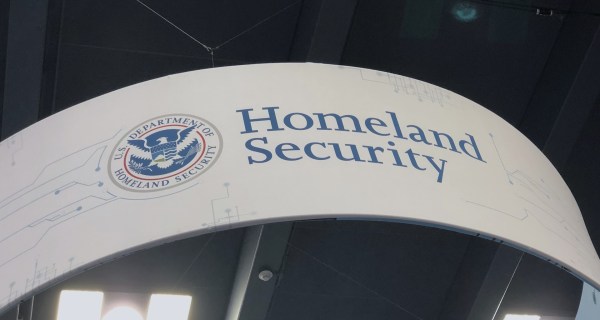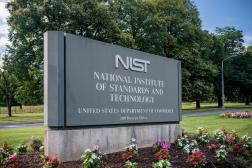Digital tech improves productivity, but budget concerns remain — survey

Federal leaders increasingly recognize how digital technologies, like mobile apps and social media, help them conduct business — but insufficient funding crimps more widespread adoption, according to a new survey.
Reflecting on the results of the survey, Deputy U.S. Chief Information Officer Lisa Schlosser encouraged federal agencies to find ways to use technology to make their offices more efficient and free up money.
“Let’s create our budget opportunities,” Schlosser said Thursday at an event unveiling the report at the University Club in Washington, D.C. “Money’s not going to fall out of the sky. It’s simply not.”
Released by the nonprofit National Academy of Public Administration and government contractor ICF International, the report found that almost three-quarters of federal officials said access to digital technology increased their agency’s productivity — a statistically significant 10 percentage-point boost over the year before. However, 62 percent said budget limitations hampered their efforts.
At the same time, federal leaders in the survey reported that agencies are focusing more on automating existing processes than rethinking them using digital technology. Indeed, only 6 percent said their agency was focusing on enhancing customer experience.
That finding in particular surprised Bev Godwin, senior adviser for international information programs at the State Department. During the panel discussion, she encouraged agencies to look at GSA’s terms of service list, which has 85 free tools agencies can use, to help improve customer experience. She also touted Challenge.gov, an online portal that allows agencies to post special contests in which members of the public can compete, as a way around the traditional procurement process.
“Even with shrinking budgets, there are ways to be more innovative,” she said. “In fact, I think I’ve been most innovative when I didn’t have any money.”
The report is based on 345 responses to a Web survey the two groups conducted last year. Researchers, who report a 5.2 percent sampling error, also held focus groups to “provide context” to the survey’s findings, the report said.
Authors propose using organizations like the federal CIO Council and the President’s Management Council as well as agency resources to find ways to deploy digital technologies across government.
Improving coordination, Schlosser noted during the panel, was emphasized in the White House’s guidance for the Federal Information Technology Acquisition Reform Act, the sweeping law that aims to rein in the government’s spending on IT by giving department CIOs more authority to make budget decisions. But she said there was still room for improvement.
“I think we’ve started down a path of really focusing on excellent coordination between the CIO community and the chief acquisition officer community,” she said. “But we need to now extend that to the [chief human capital officer] community and to the [chief financial officer] community … We really have to make that a reality for these types of awesome recommendations to be institutionalized.”
Some of the report’s specific recommendations included encouraging agencies to share their best practices, developing privacy and cybersecurity standards for digital tech, and creating standards for hiring good IT workers.
Godwin also emphasized tapping into the expertise of the exiting workforce.
“There are really smart people in government,” she said. “We should listen to them.”






